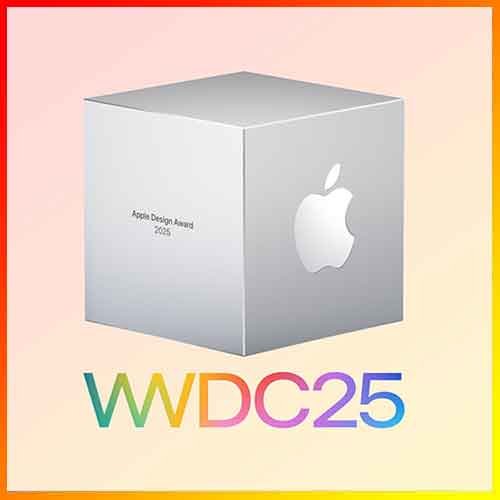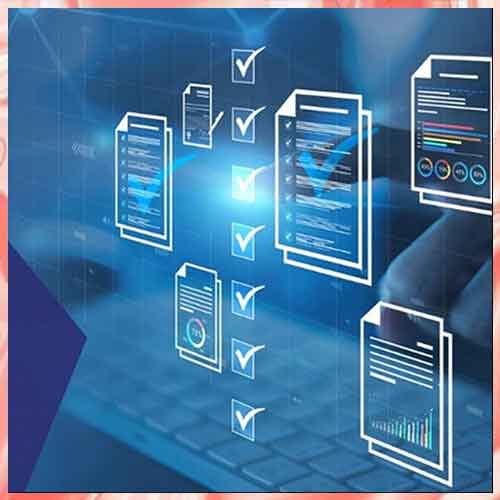
As Apple's annual Worldwide Developers Conference (WWDC) 2025 commences, the mood is reportedly one of apprehension and disappointment.
Despite high hopes for a breakthrough in AI at last year's event with "Apple Intelligence," the system delivered a mirage, falling short of competitors like OpenAI, Google, and Anthropic. Key features, including an overhauled Siri, faced indefinite delays and development challenges, leaving Apple at an even greater disadvantage in the AI race.
Expectations for WWDC 2025 are consequently modest, focusing on cosmetic OS changes rather than revolutionary AI announcements.
However, Apple's AI crisis may not be its most pressing concern. The tech giant faces two significant external threats that no developer conference can rectify: intensifying regulatory pressure and potential punitive tariffs under a possible Trump administration.
Apple's tightly controlled ecosystem is under fire globally. In the EU, the Digital Markets Act (DMA) has forced Apple to allow third-party app stores and sideloading, with investigations already probing compliance.
In the U.S., a federal court's ruling in the Epic Games lawsuit has compelled Apple to permit app developers to direct users to alternative payment systems. This directly threatens Apple's high-margin services division, which heavily relies on in-app purchase fees, risking sharp revenue declines.
Adding to the regulatory storm, Apple's lucrative multi-billion dollar deal with Google – making Google the default search engine on Safari – faces potential elimination.
A U.S. court is expected to rule on remedies after finding Google guilty of an illegal search monopoly, with a proposed remedy being the banning of such exclusive agreements. This could remove another significant pillar of Apple's earnings.
Beyond regulatory hurdles, Apple's global supply chain, heavily reliant on China, is vulnerable to potential new tariffs. Despite efforts to diversify iPhone production to India, this strategy has drawn the ire of President Donald Trump.
He publicly threatened a "no-win choice" for Apple: either move production to the U.S. at immense cost or face a 25% tariff on iPhones not manufactured stateside, which would severely impact profits or force price hikes detrimental to sales. Part of this anger reportedly stems from personal slights, such as CEO Tim Cook declining a Middle East trip invitation.
These formidable structural threats will not be addressed on the WWDC stage. While Tim Cook and his team will present a polished vision, Apple faces urgent, interconnected challenges: bridging its AI gap, navigating White House tensions, justifying developer fees, and securing new revenue streams, all critical for its future stability.
Also Read: WWDC 2025 is all set for today!
See What’s Next in Tech With the Fast Forward Newsletter
Tweets From @varindiamag
Nothing to see here - yet
When they Tweet, their Tweets will show up here.




























